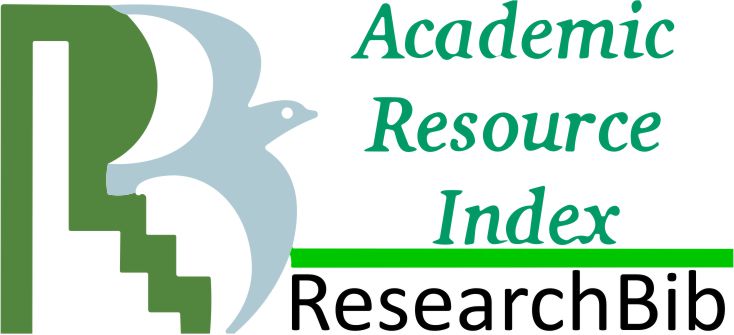DOI
10.21002/jaki.2008.05
Abstract
Professional skepticism is an attitude that includes a questioning mind and a critical assessment of audit evidence. Auditors should maintain a certain level of professional skepticism in detecting financial statement fraud since the perpetrators conceal the resulting irregularities. Two experiments were conducted. First, a 3x3 between subjects experiment design was conducted to investigate how fraud risk assessment affects the level of professional skepticism on different levels of trust in auditor-client relationship. Participants were randomly assigned to one of nine conditions. Second, a within subject experiment design was conducted to examine the effect of personality type un professional skepticism. A total of 118 junior, senior and supervisor auditors from public accounting firm participated in the experiment. The results of Analysis of Variance (ANOVA) suggest that auditors with identification based trust in the high fraud risk assessment group were more skeptical than in the low fraud risk assessment group. While the auditors with calculus based trust showed no differences in skepticism between the high group and the low fraud risk assessment group. Auditors with ST (Sensing-Thinking) and NT (Intuitive-Thinking) types of personality were more skeptical than other types
Recommended Citation
Noviyanti, Suzy
(2008)
"SKEPTISME PROFESIONAL AUDITOR DALAM MENDETEKSI KECURANGAN,"
Jurnal Akuntansi dan Keuangan Indonesia: Vol. 5:
No.
1, Article 5.
DOI: 10.21002/jaki.2008.05
Available at:
https://scholarhub.ui.ac.id/jaki/vol5/iss1/5












